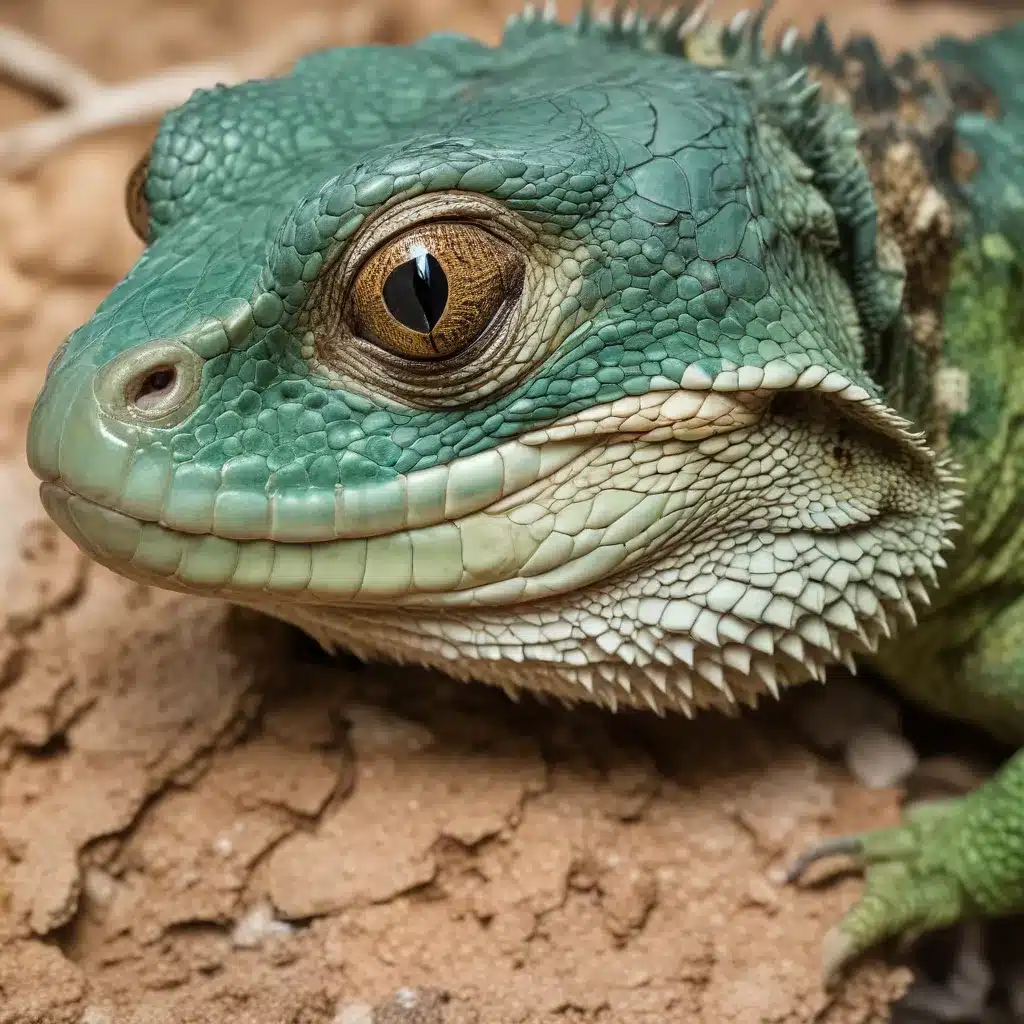
The Allure of Exotic Reptiles
The world of exotic reptiles has long captivated the hearts and imaginations of pet enthusiasts. From the striking patterns of pythons to the mesmerizing gaze of chameleons, these remarkable creatures possess an undeniable charm that draws in reptile enthusiasts of all backgrounds. However, the ownership of exotic reptiles comes with a unique set of challenges and legal considerations that must be thoroughly understood before taking on the responsibility of caring for these unique pets.
In this comprehensive guide, we will delve into the intricacies of exotic reptile ownership, exploring the best practices in reptile husbandry, breeding techniques, and the legal requirements for the sale and possession of rare species. Whether you’re a seasoned reptile enthusiast or a newcomer to the world of exotic pets, this article will equip you with the knowledge and insights necessary to navigate the captivating realm of scaled companions.
Reptile Species and Care Requirements
The diversity of exotic reptile species is truly astounding, each with its own unique set of care requirements and characteristics. From the striking Irian Jaya carpet pythons to the enigmatic ball pythons, the world of exotic reptiles offers a vast array of options for discerning pet owners.
Irian Jaya Carpet Pythons: These arboreal pythons, native to the Indonesian island of New Guinea, are known for their stunning patterns and impressive size, with some individuals reaching over 7 feet in length. Carpet pythons require spacious enclosures with ample climbing opportunities, as well as carefully regulated temperature and humidity levels to thrive.
Ball Pythons: Considered one of the most popular pet snakes, ball pythons are renowned for their docile temperament and diverse color morphs. These nocturnal reptiles prefer cozy, hiding-rich environments and a specific temperature and humidity range to maintain optimal health.
Chameleons: The charismatic chameleons captivate with their remarkable ability to change color and their distinctive, swiveling eyes. Caring for chameleons demands specialized enclosures, precise lighting, and a tailored diet to meet their unique requirements.
Regardless of the species, all exotic reptiles share a common need for meticulous environmental control, appropriate substrate, and a reliable source of food. Researching the specific care requirements for the species you wish to own is crucial to ensure the well-being of your scaled companion.
Breeding Techniques and Considerations
The world of exotic reptile breeding is a delicate and intricate endeavor, requiring a deep understanding of the species’ biology, genetics, and environmental needs. Responsible breeders must carefully consider the implications of their breeding programs, ensuring the health and welfare of both parent animals and their offspring.
Genetic Considerations: Breeders must be mindful of the genetic diversity within their captive populations, carefully selecting breeding pairs to avoid inbreeding and the potential for inherited health issues. Maintaining detailed records and implementing selective breeding practices can help preserve the genetic integrity of exotic reptile lineages.
Environmental Factors: Replicating the natural breeding conditions of a species is crucial for successful reproduction. Factors such as temperature, humidity, photoperiod, and substrate must be meticulously controlled to trigger the appropriate breeding behaviors and ensure the proper development of hatchlings.
Incubation and Hatchling Care: The incubation of reptile eggs and the subsequent care of hatchlings require specialized knowledge and techniques. Maintaining the correct temperature, humidity, and ventilation during the incubation process is essential for the successful hatching of healthy offspring.
Responsible breeders must also be mindful of the legal requirements surrounding the sale and distribution of exotic reptiles, ensuring compliance with local, state, and federal regulations. Consulting with experienced reptile breeders and veterinarians can provide invaluable guidance in navigating the complexities of exotic reptile breeding.
Legal Considerations for Exotic Reptile Ownership
The ownership and sale of exotic reptiles are subject to a complex web of legal regulations that vary widely across different regions. Navigating these requirements is crucial for both reptile owners and those involved in the breeding and trading of these remarkable creatures.
Local and State Regulations: The laws governing the possession and sale of exotic reptiles can vary significantly from one jurisdiction to another. It is essential to research and understand the specific regulations in your local area and state, as some species may be restricted or prohibited entirely.
Federal Laws and Permits: At the federal level, the United States Fish and Wildlife Service (USFWS) and the Convention on International Trade in Endangered Species of Wild Fauna and Flora (CITES) regulate the import, export, and interstate transport of certain exotic reptile species. Obtaining the appropriate permits and adhering to these regulations is crucial for legal compliance.
Health and Safety Considerations: Many exotic reptiles, particularly larger species, can pose a risk to their owners and the general public. Responsible ownership requires ensuring the proper containment and handling of these animals, as well as complying with any local zoning laws or ordinances related to the keeping of exotic pets.
By familiarizing themselves with the legal landscape surrounding exotic reptile ownership, enthusiasts can ensure they are operating within the bounds of the law and minimizing the potential risks associated with these remarkable creatures.
Conclusion
The world of exotic reptiles is a captivating and multifaceted realm, offering a unique connection with some of nature’s most remarkable creatures. However, the responsibility of owning these scaled companions comes with a deep understanding of their care requirements, breeding techniques, and the legal considerations that govern their possession and sale.
By embracing the principles of responsible reptile husbandry, informed breeding practices, and compliance with relevant regulations, reptile enthusiasts can safely and ethically navigate the intricacies of exotic reptile ownership. Whether you’re a seasoned reptile breeder or a newcomer to the world of scaled pets, this comprehensive guide has equipped you with the knowledge and insights necessary to embark on a captivating journey through the realm of exotic reptiles.
For those interested in exploring the world of exotic reptiles further, we invite you to visit ExoticReptilesForsale.com, where you can discover a curated selection of rare and stunning reptile species, as well as reliable resources and guidance on responsible reptile ownership.


